Got a weird problem in a UIL CS packet 
this was the solution
public class equality {
public static void main(String[] args) throws IOException {
Scanner scan = new Scanner (new File("equality.dat"));
while (scan.hasNext()) {
int start = scan.nextInt();
int step = scan.nextInt();
int z = start;
for (int i = 0; i < 5; i++) {
Integer a = z;
Integer b = z;
System.out.printf("%+4d == %+4d is %s\n",a,b,(a==b)); // <-- Confusing part
z+=step;
}
System.out.println();
}
scan.close();
}
}
I was wondering if someone could explain why (a==b) returns true/false. I thought it had to do with the fact that its comparing references and not the value itself but if that was the case, wouldn't they all be false? I'm confused :/